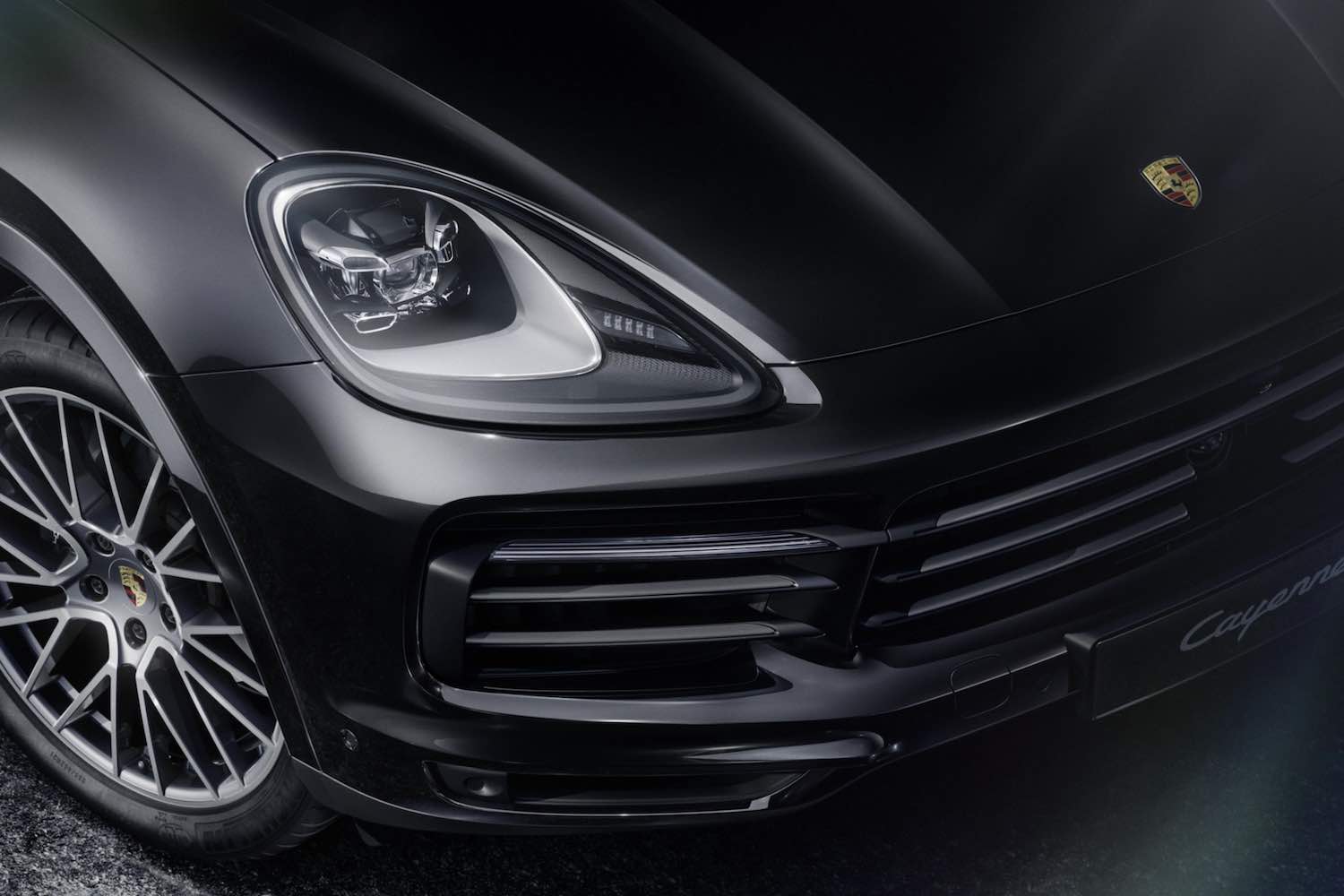Porsche has confirmed that it's planning an all-electric Cayenne SUV for 2026, which will be sold alongside updated versions of the current combustion-engined model.
The all-new electric Cayenne is part of Porsche's plans for 80 per cent of its global sales to be made up of fully-electric cars by 2030. The company's Taycan electric saloon and estate models have already racked up EV success for the brand, and in 2024 that the arrival of the new all-electric Macan SUV should further increase.
Electric Macan
The smaller brother to the Cayenne will follow a similar path - the new electric model will sit alongside heavily revised petrol-powered versions in the showroom. Porsche hasn't given us technical details of the Macan EV yet, but early word is that it will have an optional 115kWh battery for a potential range of more than 700km.
It, and the new Cayenne EV, will be built on a new electric car platform, co-developed with Audi and called SSP. It will have an ultra-fast 800-volt charging system and be versatile enough to underpin most future Porsche models.
The Macan EV was supposed to have been on sale this year, but a double-whammy of the computer chip crisis and problems with the software developed for the SSP platform has delayed it.
New super luxury electric SUV
Nonetheless, Porsche is sufficiently confident in its new EV platform to announce an all-new range-topping SUV model based on it, which should go on sale in 2027. Currently known only by the code-name 'K1', this new super-SUV EV will rival the fully-electric Range Rover, and it will come with seats for seven.
"We plan to expand our product portfolio upwards - with a new all-electric SUV, with a performance-focused character, above the Cayenne. We are thereby underlining and strengthening our luxury positioning. We see a strongly growing profit pool in this segment, in particular in China and the US. This is a new car concept - with a characteristic Porsche flyline, impressive performance, automated driving functions and a new interior experience. It will be based on the SSP Sport platform developed in-house at Porsche," said Porsche CEO Oliver Blume at the announcement of the company's €6.8-billion profit for 2022.
"Our strategy is clear: electromobility is the utmost priority at Porsche," said Blume. "Let's begin with the all-electric Macan: it is scheduled to go out to our customers in 2024. Then there's the 718 [Boxster & Cayman]: The all-electric version is planned for the middle of the decade. Here, too, we plan to introduce the completely new model in parallel with the combustion engine version. In the medium term, the 718 will only be available as an all-electric model. This will be followed shortly by the all-electric Cayenne. The Cayenne has conquered the sporty SUV segment over the past 20 years - as a family-friendly tourer, a robust off-roader and a highly dynamic sports car all rolled into one. The all-electric Cayenne shall continue this success story."
Controversy over e-fuels
Blume also confirmed that Porsche will continue the development of its synthetic petrol, called e-fuel, which it's making in Chile in cooperation with Siemens. The fuel is theoretically carbon-neutral as it draws CO2 from the atmosphere and combines it with hydrogen extracted from seawater using renewable electricity. e-fuels have become controversial in the wake of Germany pushing back against the EU's proposed 2035 combustion engine ban. Environmental campaigners say that e-fuels are too energy-intensive for use in cars, which would be better powered by batteries.
For his part, Blume said, "With regard to ICE cars, we think e-fuels can play a useful complementary role - for the large number of existing cars and niche segments. E-fuels are equally suitable for planes and ships. You have probably been following the current debate. The point is that the EU Commission is to outline a possibility for e-fuels to be used in new vehicles with internal combustion engines - even after 2035.
"The automotive industry is in the very midst of a transformation and needs planning certainty. We therefore clearly appreciate the fact that the German government is now taking the appropriate steps. Together with partners, we have built an e-fuel pilot plant in Chile. Production has been running since December. This plant demonstrates that e-fuels can be produced on an industrial scale. For us, it's a matter of conviction and pioneering spirit. Sustainability is a central pillar of our Porsche strategy - and an issue close to my heart and the hearts of our whole team. We are committed to the Paris Agreement targets - and to our responsibility as a company."

